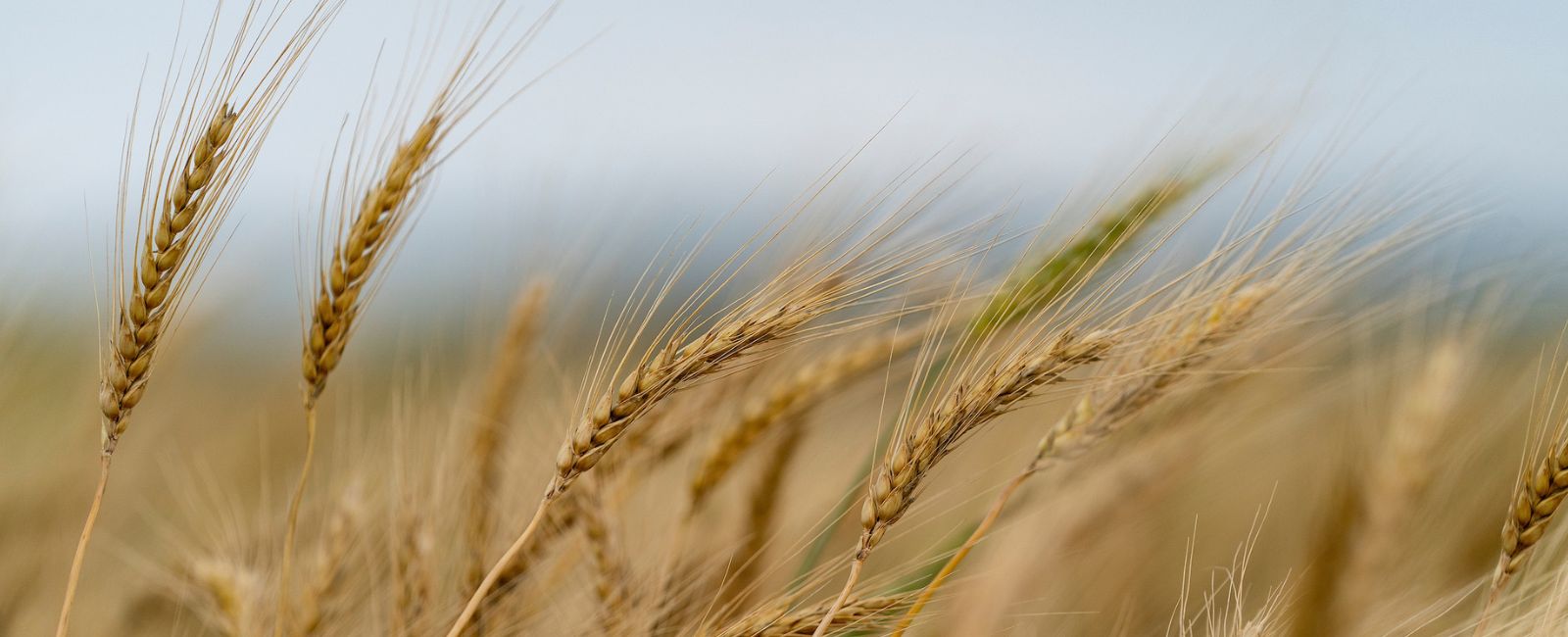
Small Grain Genetics
Improving small grain production using techniques of conventional breeding and molecular genetics and genomics
Advancing Research for Improved Production of Small Grains in the Texas High Plains and Rolling Plains
The Texas A&M AgriLife Research and Extension Center at Amarillo’s small grains research program uses a range of new and emerging technologies to produce major improvements in crop resilience including:
- Drought and heat tolerance,
- Greenbug (GB),
- Hessian fly (HF)
- Russian wheat aphid (RWA),
- Wheat curl mite (WCM)
- Leaf, stem, and stripe rust
- Streak mosaic virus.
Current Research
Mapping QTL for drought tolerance in TAM cultivars
Using bi-parental and association mapping to identify tightly linked SNP markers to traits of interest
Mapping genes for resistance to greenbug, wheat curl mite, hessian fly and wheat streak mosaic virus
Using 90K wheat array SNP to identify tightly linked markers, converting them into KASP SNP markers, validating their diagnoses and applying them in marker-assisted breeding for these traits.
Developing germplasm lines with multiple stress tolerance combining conventional and marker-assisted breeding techniques
Collecting and testing germplasm lines and cultivars from CIMMYT, Kenya, China, making crosses using two way, three way and multiparent advanced generation inter-cross (Magic) population, developing spring and winter germplasm lines with resistance to rusts, RWA, GB, HF, WCM, drought tolerance and any of these combinations plus end-use quality.
Funding Entities
Texas A&M AgriLife Research, Monocot and Cropping System programs; Texas Wheat Producer Board; Triticeae – Coordinated Agricultural Project (T-CAP) – University of Minnesota; Monsanto Beachell Borlaug International Scholarship – Texas A&M AgriLife Research; Borlaug International Scholar, College of Agriculture and Life Science, Texas A&M University; USAID – University of California-Davis; Bayer Crop Science
